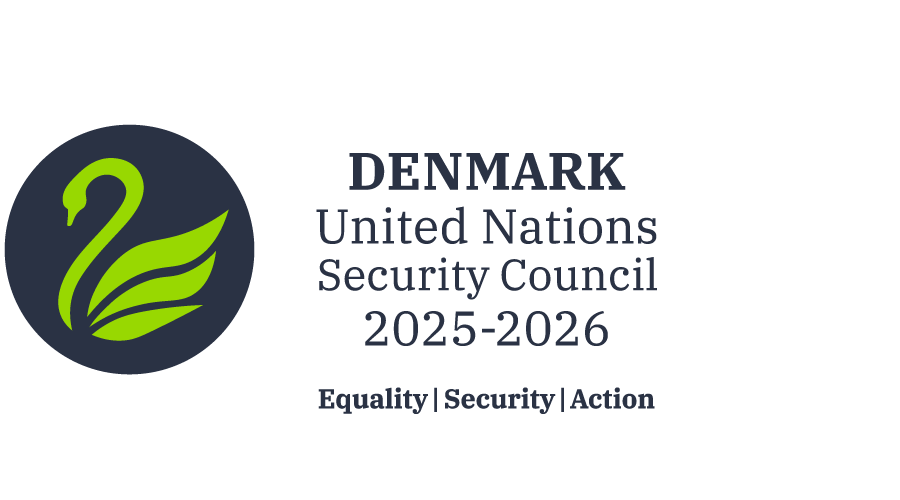Joint Nordic Statement at the Secretary-General’s briefing on the follow-up of Our Common Agenda
Mr.
Secretary-General,
Denmark has
the honour to deliver this statement on behalf of the Nordic countries: Sweden,
Finland, Iceland, Norway and my own country, Denmark.
Thank you
for your update on the progress of the implementation of the ‘Our Common
Agenda’ recommendations. We also appreciate the updates from the
co-facilitators of the three processes that have been initiated. We are pleased
to see that work is progressing on these very important tracks, and we look
forward to engaging actively.
Let me
highlight three points.
First, as
we take on the different processes to implement the recommendations of the Our
Common Agenda report, we want to emphasize the need to strike an ambitious, but
realistic balance. We must avoid aiming too high with regards to what we can
manage to agree on ahead of the Summit of the Future. We cannot have an
all-or-nothing approach when it comes to delivering on the recommendations,
progress on one track should not be delayed by the lack of progress on others.
And just as
important – we must not settle for too little. Our Common Agenda – and our
current moment – represents a rare opportunity to find new ways to work
together for the common good. Not to undermine existing agreements or mandates,
but to turbocharge them. The recent HLPF made clear that while there has been
progress on the SDGs, we are far behind schedule to achieve the 2030 Agenda.
Inequality is increasing. Geopolitical tensions are high. Greenhouse gas
emissions continue to rise. This summer we have seen that the planet is quite
literally on fire.
Clearly,
something is not working. Our Common Agenda present a bold vision for how to
revitalize the multilateral system and to deliver on our commitments to future
generations. We must not waste this opportunity by only focusing on the
recommendations for which there is already a mandate. We must dare to be bold,
creative and ambitious. In this regard we look forward to the recommendations
from the High-Level Advisory Board upon which we as member states will have the
opportunity to engage.
Second, we
stress the importance of meaningful inclusion of civil society, youth, women ,
the private sector and other non-state actors, including those in vulnerable
positions, in implementing Our Common Agenda’s recommendations. Women’s rights
and gender equality have been given a prominent place in Our Common Agenda.
This is important. We would also like to underline the importance of women’s
representation and participation in decision-making.
The procedural
resolution adopted by consensus and co-sponsored by more than 160 Member States
decided that the follow-up process should be in collaboration with all relevant
partners through broad and inclusive consultations. The five thematic dialogues
organized by the PGA earlier this year included input from a broad range of
stakeholders. We must adhere to the mandate of the resolution going forward.
We firmly
believe that listening to and engaging with non-state actors does not undermine
the intergovernmental nature of the UN, it only enriches it. While Member
States will continue to have the decision-making authority, our perspectives
can be broadened by bringing in these voices. We have nothing to lose and
everything to gain by ensuring a multistakeholder process. It is essential, if
we are to truly live up to the opening sentence of the UN Charter: “We the
peoples”.
Third, we
want to express our full support for the Secretary-General’s proposal to
convene a Summit of the Future in 2023. We believe it is important that the
Summit of the Future is held in conjunction with the SDG Summit, as the two are
sister summits, sharing the same overall objective, namely to “create the
conditions for a sustainable, equitable and inclusive future”, and are
interlinked, complementary and mutually reinforcing. The Summit of the Future
is a unique opportunity discuss how we can create global governance mechanisms
for global commons and how we can ensure intergenerational equity and justice.
We owe it to ourselves to use this opportunity, and more importantly, we owe it
to future generations.
As always,
we stand ready to engage actively and constructively.
Thank you.
